Advice sheets
Refine search
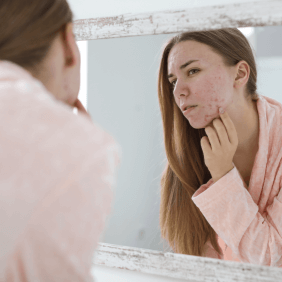
- Acne
Acne sometimes lasts or appears well beyond adolescence, especially in women. Hormonal factors are one of its specific characteristics, and pre-menstrual flare-ups are observed in...
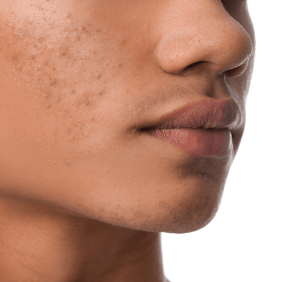
- Acne
Acne is a skin condition that appears at puberty, when hormones run riot. It is very common, affecting 8 out of 10 teenagers, both boys and girls. Acne manifests itself through the...
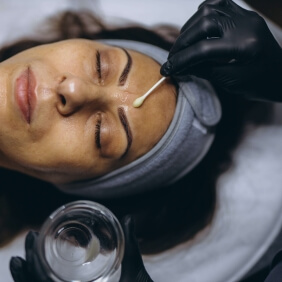
- Skin aging
A peel is an aesthetic procedure that involves exfoliating the superficial layers of the skin to stimulate its renewal. The result is a more radiant complexion, a more even skin...
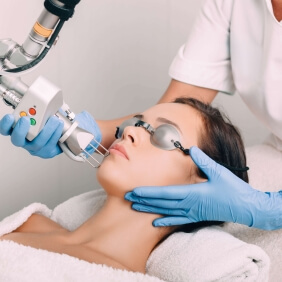
- Skin aging
Lasers and energy-based devices work deep down to renew the skin and reveal its radiance. After a session, the skin may feel sensitized, red or overheated. Adopting the right...
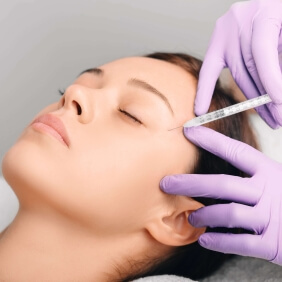
- Skin aging
Injections of hyaluronic acid or botulinum toxin can smooth wrinkles, restore volume or soften facial expressions. To optimize results and prevent irritation and swelling, we...
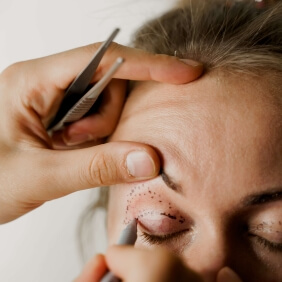
- Skin aging
Blepharoplasty is an aesthetic procedure designed to correct excess skin, puffiness or sagging of the eyelids. It rejuvenates the eyes while preserving their natural expression...